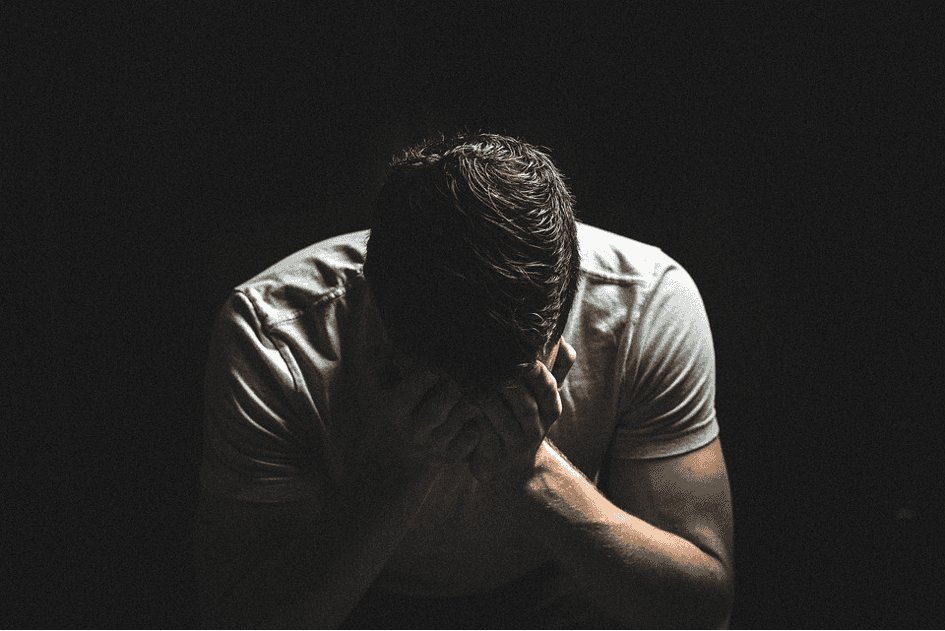Hypnosis for depression
External editorial

Hypnotherapy for depression is on the rise.
Hypnosis is a recognized therapy method
Hypnosis is one of the traditional healing methods and is recognized as a form of therapy. It is considered an "original form of psychotherapy" (Revenstorf, 2001, p. 687) and is used in the diagnosis and treatment of a wide variety of complaints. The goal in hypnosis is to change the patient's attention, break motor patterns, and give them ways to cope better with their complaints.
However, there is no such thing as "the hypnosis"; rather, there are a wide variety of hypnosis methods available. These consistently respect the autonomy of patients and do not dictate how they should think, feel or behave. Rather, the goal is to identify harmful patterns and develop strategies to break them and replace them with healthier behavior.
Many psychotherapists in private practice offer support in dealing with depression. In order to create a pleasant and calming atmosphere for patients, practices usually focus on appealing furnishings. In addition to the furnishings, the choice and location of the property, e.g. in Ingolstadt, is also very important for the feel-good factor in the practice.
Hypnotherapy for depression
Depression is a mental disorder that primarily affects the drive and mood of those affected. They often feel a sense of hopelessness and listlessness and can be enthusiastic about few things or nothing. Self-esteem often suffers under depression, and performance also decreases significantly. Patients often lose interest in life and complain about a loss of quality of life.
Depression can occur in many different forms, each with different symptoms. Typical examples are post-schizophrenic depression, bipolar affective disorder, depressive episodes and recurrent depressive disorder. It is not always easy to diagnose depression accurately. However, this is precisely what is important in order to be able to select and apply suitable forms of therapy. Among other things, it is necessary to check whether hypnotherapy is suitable for the treatment of depression.

Depression deprives sufferers of the conviction that they are in control of their own lives.
The problem with depression
One of the most common effects of depression on patients is a perceived loss of control. Sufferers believe they are not in control of their lives and that no matter what they decide or do, nothing can change for the better. There is a "lack of competence experience that his actions and his decisions determine how he feels" (Meiss).
The goal of hypnosis for depression, therefore, must be to give sufferers precisely these experiences of competence. Therapeutic hypnosis offers them the opportunity to recognize certain patterns of action and to eliminate the causes of recurring depression. It is a matter of exploring one's own subconscious and examining which factors lead to depression and which can help to get it under control.
Study on hypnotherapy for depression
The study "Efficacy of hypnotherapy compared to cognitive behavioral therapy for mild to moderate depression - Results of a randomized controlled rater-blind clinical trial" looked at the effects of hypnotherapy for depression compared to cognitive behavioral therapy (CBT). The study looked at the effects of the therapies on mild to moderate depressive episodes. In the study's favor is that it was registered and worked with a large sample . It also used a variety of interventions to address the problem of individualizing hypnotherapy.
The study was not about testing which form of therapy is superior for depression. Rather, it was to clarify how reliably hypnotherapy works. In order to be recognized in principle as an official form of therapy, it must not be inferior to CBT, but must be at least as good or better. The result of the study: Hypnotherapy is not inferior to KVT for a mild to moderate depressive episode. This is true even for a period of more than six or twelve months.
Widespread application is still pending
The results of the study show the effectiveness of hypnotherapy for depression. However, this can only be a first step towards certification as an official hypnotherapeutic procedure. More studies will have to be conducted before hypnotherapy can be used across the board. Since this is already the case for certain diseases and smoking cessation, there is much to suggest that this will one day also be the case for depression.
Another achievement of the study is that it has shown that hypnotherapy can be standardized in such a way that it can be studied objectively and comparably in official studies. This has been difficult, if not impossible, to do in the past because of the individual approach to therapy in hypnotherapy. If certification is achieved, hypnotherapy for depression can be officially applied and it could be billed through health insurance companies .
Conclusion
Hypnotherapy is a recognized therapy method that is used for various illnesses and complaints . It has not yet been officially used for depression. However, recent studies suggest that it has an effect here as well and could be used in the future on an equal footing with CBT.
Sources
- Hypnotherapie bei Depressionen (Klinikum Region Hannover)
- Fuhr, K., Meisner, C., Broch, A., Cyrny, B., Hinkel, J., Jaberg, J., Petrasch, M., Schweizer, C., Stiegler, A., Zeep, C., & Batra, A. (2021). Efficacy of hypnotherapy compared to cognitive behavioral therapy for mild to moderate depression - Results of a randomized controlled rater-blind clinical trial. Journal of affective disorders, 286, 166–173. https://doi.org/10.1016/j.jad.2021.02.069
- Hypnose bei Depressionen und Burn-Out (Hypnose.de)
- Revenstorf, D., & Peter, B. (2001). Hypnose in Psychotherapie, Psychosomatik und Medizin. Springer-Verlag Berlin Heidelberg.
- Wilhelm-Gößling, C., Schweizer, C., Dürr, C., Fuhr, K., & Revenstorf, D. (2020). Hypnotherapie bei Depressionen: Ein Manual für Psychotherapeuten. Kohlhammer Verlag.
Kurt Weber
Last updated on 23.02.2023
Your personal medication assistant
Browse our extensive database of medications from A-Z, including effects, side effects, and dosage.
All active ingredients with their effects, applications, and side effects, as well as the medications they are contained in.
Symptoms, causes, and treatments for common diseases and injuries.
The presented content does not replace the original package insert of the medication, especially regarding the dosage and effects of individual products. We cannot assume liability for the accuracy of the data, as the data has been partially converted automatically. Always consult a doctor for diagnoses and other health-related questions.
© medikamio